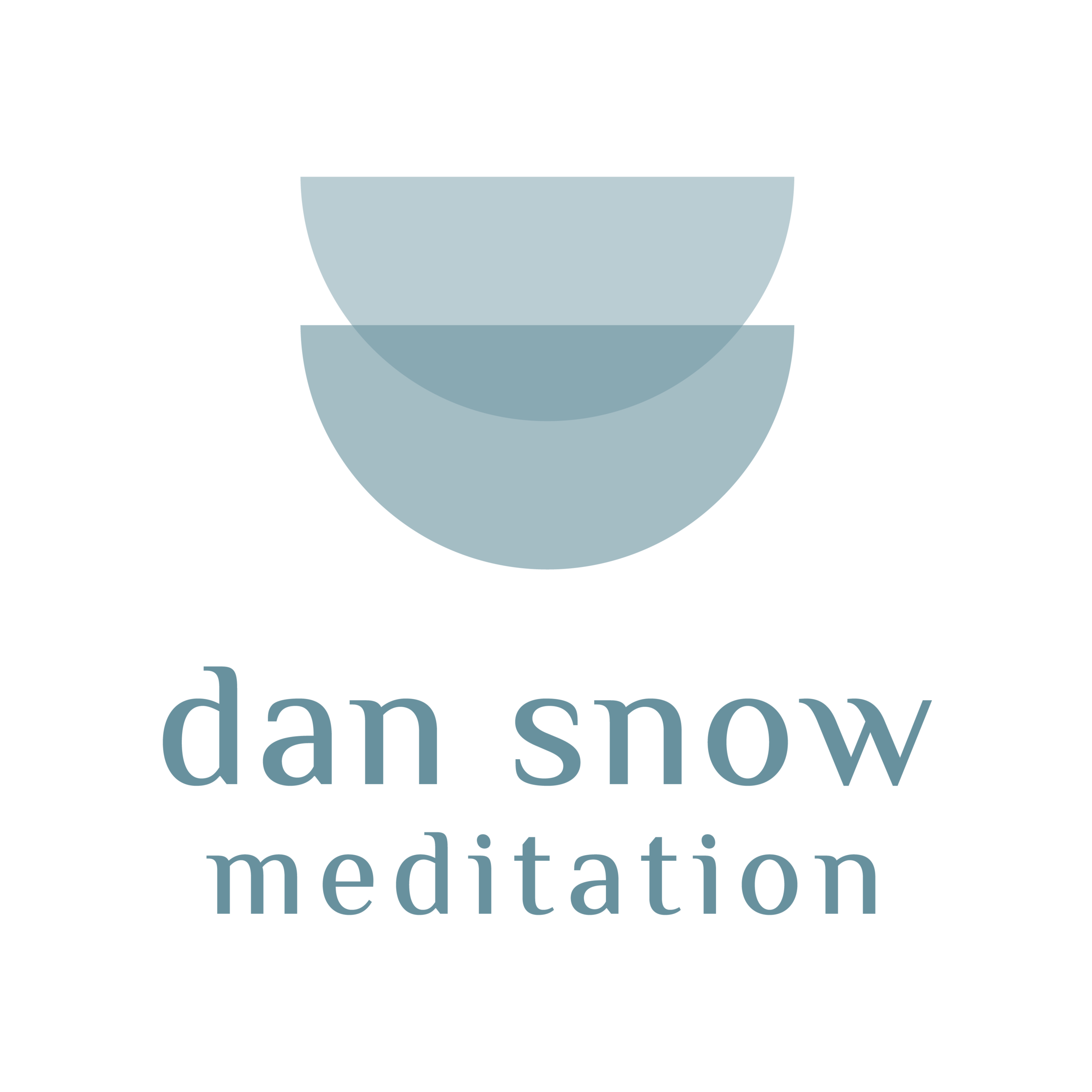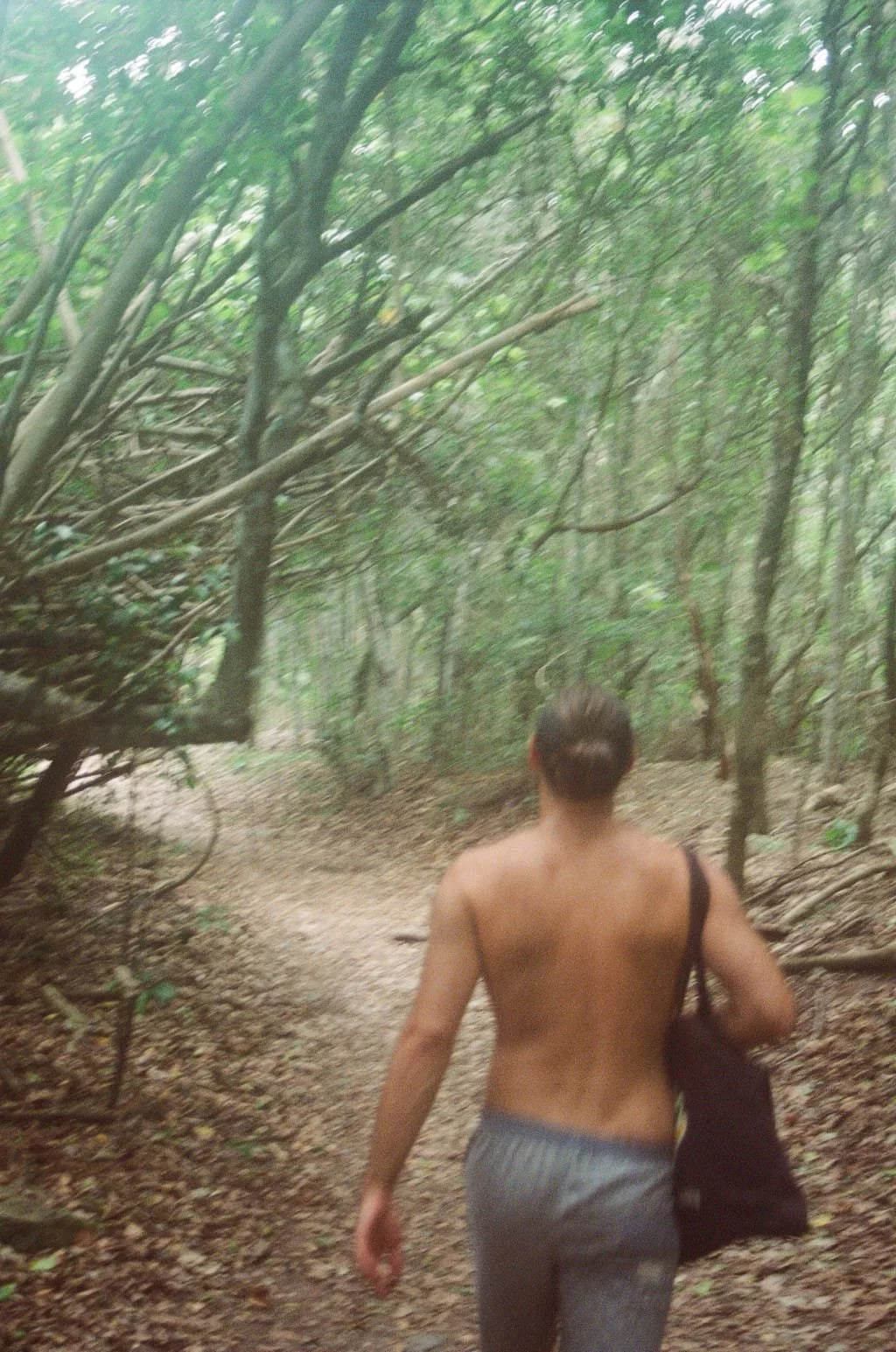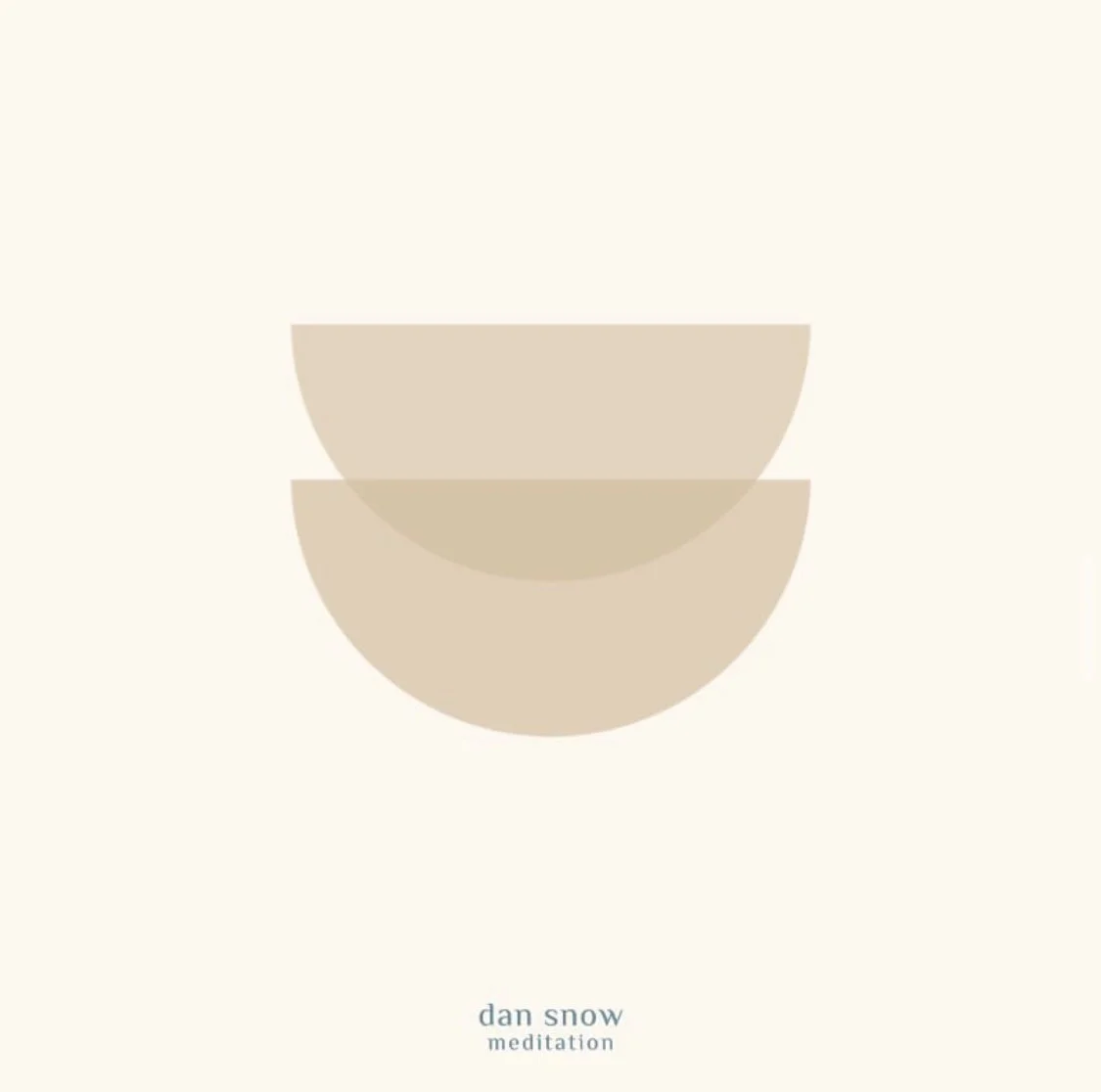The Truth About Karma
In the Vedic worldview, karma is often misunderstood, because many of us hear the word and imagine a cosmic scoreboard measuring our behaviour, yet the original meaning is far more subtle and far more liberating. Karma refers to action that binds, action taken from stress, fear, confusion, or ego that pulls us out of alignment with the natural flow of life, creating a small knot in our system. The knot is not wrong or bad, it is simply a configuration that restricts our freedom to move as fluidly as we could.
Read More



















